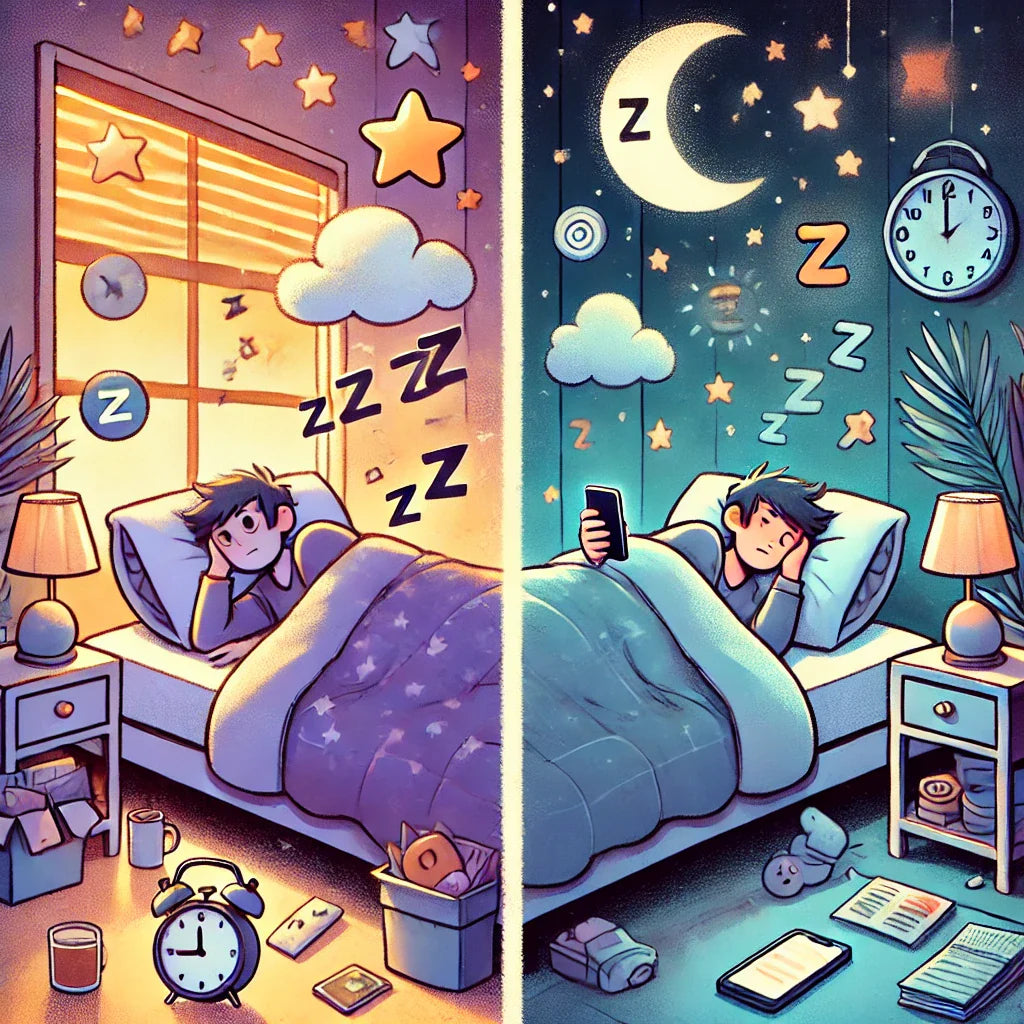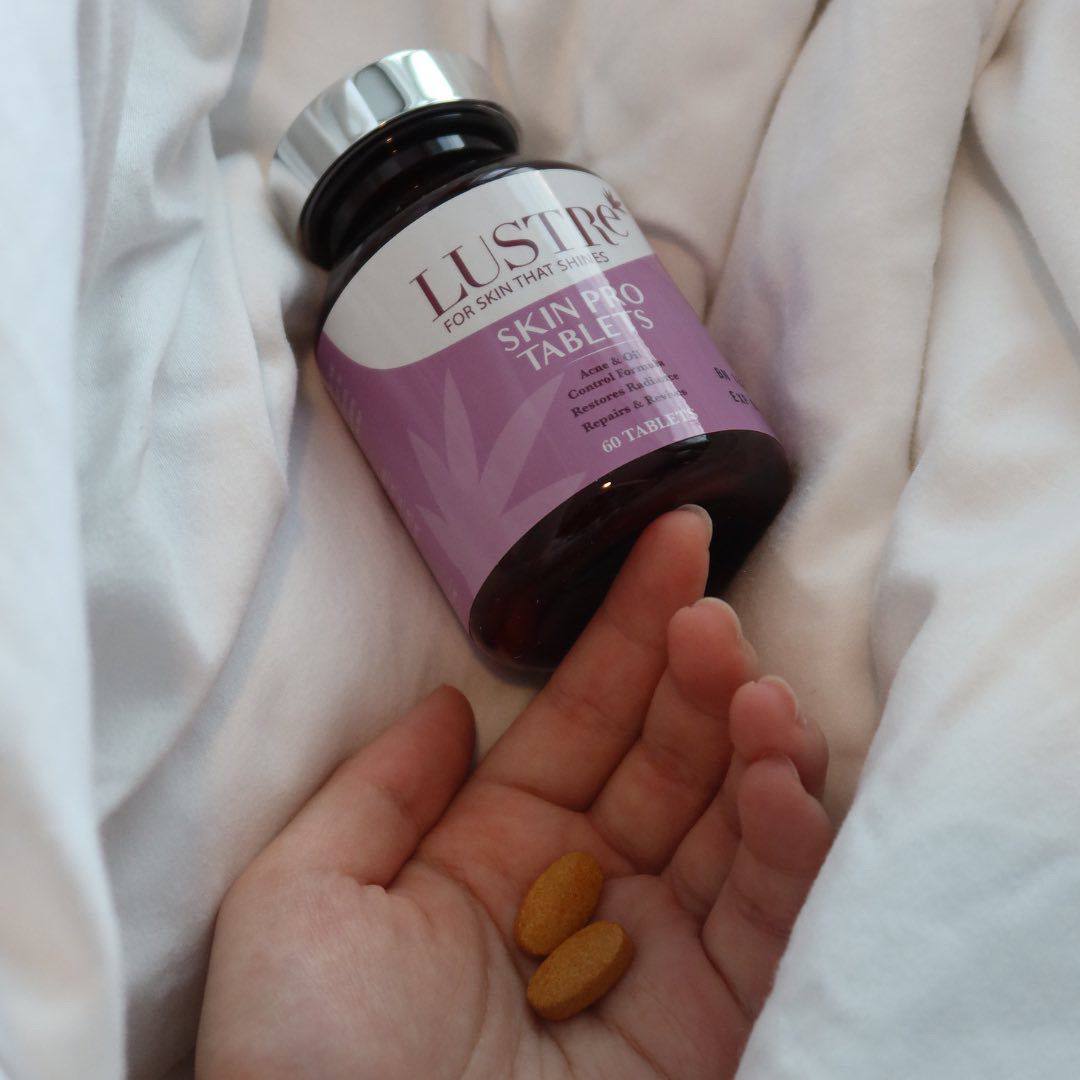Sleep Hacks for a More Productive Day: Because Coffee Can Only Do So Much

Let’s face it—sleep is like that one friend who always cancels plans at the last minute. You know you need it, you plan for it, and yet somehow, you end up doom-scrolling through social media at 2 AM, wondering why raccoons are so cute. But here’s the thing: skimping on sleep is like expecting your phone to function on 5% battery—sure, it might last for a bit, but eventually, it’s going to shut down at the worst possible moment.
So, if you want to conquer your day without looking like an extra from The Walking Dead, it's time to master some solid sleep hacks. These sleep tips will help you snooze better, feel fresher, and boost your productivity without relying on a caffeine IV drip.
1. Stick to a Sleep Schedule (Yes, Even on Weekends)
The idea of waking up at the same time on a Saturday as you do for work sounds like cruel and unusual punishment. But your body’s internal clock (a.k.a. circadian rhythm) thrives on consistency.
When you sleep and wake up at different times every day, your body gets confused—kind of like when your Wi-Fi keeps disconnecting for no reason. Pick a bedtime and stick to it, and soon your body will start knocking out naturally. No sheep-counting required.
2. Stop Treating Your Bed Like a Multi-Purpose Room
Your bed is for sleep. It’s NOT your office, dining table, or Netflix binging headquarters. If you keep working or watching TV in bed, your brain will start associating it with activity rather than rest.
So, if you’ve been answering emails in bed while shoveling in a midnight snack, stop. Create a clear distinction between work and sleep zones unless you enjoy tossing and turning at 3 AM, contemplating the meaning of life.
3. Limit Screen Time Before Bed (Yes, That Includes Your Phone)
Ah, blue light—the villain that tricks your brain into thinking it’s still daytime. Scrolling through TikTok or answering “just one more” email before bed is a surefire way to mess up your melatonin levels.
Instead, swap your screen for an old-school book (yes, the ones made of paper), or do something relaxing like meditating. If you absolutely must scroll, try blue-light-blocking glasses or enable night mode on your devices. But let’s be real—you know the best option is to just put your phone down.
4. The Magic of a Wind-Down Routine
You can’t expect to go from full-speed productivity mode to instant sleep mode—your brain isn’t a light switch. Try a relaxing bedtime routine, like sipping herbal tea, doing some light stretching, or listening to soothing music.
If that sounds too boring, think of it this way: even your laptop needs time to shut down before it updates. Your brain is no different. Give it a buffer period to unwind, and you’ll be asleep before you know it.
5. Make Your Bedroom a Sleep Sanctuary
If your bedroom looks like a war zone, your sleep quality is probably suffering. A cluttered, chaotic room makes it harder for your brain to relax. Keep your space clean, invest in comfy bedding, and make sure the temperature is cool (somewhere around 65°F or 18°C is ideal).
Also, blackout curtains are a game-changer. Because let’s be honest, nothing ruins a good snooze like the sun rudely blasting into your face at 6 AM.
6. Beware of Late-Night Snacks and Caffeine
If your idea of a bedtime snack involves pizza, chocolate, or an energy drink, I hate to break it to you—you’re sabotaging yourself. Heavy, greasy, or sugary foods before bed can mess with your digestion, leading to a night of tossing and turning. And caffeine? That sneaky little stimulant can linger in your system for up to six hours.
Try a light snack if you must—think bananas, almonds, or warm milk (yes, grandma was right about that one). And maybe switch that 4 PM espresso shot for a decaf.
7. Exercise, But Not Too Late
Working out is great for sleep—unless you’re doing it right before bed and tricking your body into thinking it’s go-time. Intense exercise releases adrenaline and endorphins, which are great for energy but terrible for winding down.
Try to get your workout done earlier in the day, or at least a few hours before bedtime. If you must move before bed, opt for gentle stretches or yoga instead of an all-out HIIT session.
8. Try the 4-7-8 Breathing Trick
If falling asleep feels impossible, the 4-7-8 breathing technique might just be your new best friend. Here’s how it works:
- Inhale deeply through your nose for 4 seconds.
- Hold your breath for 7 seconds.
- Exhale slowly through your mouth for 8 seconds.
- Repeat until your brain gives up and lets you sleep.
It’s simple, effective, and way healthier than counting sheep.
9. Don’t Force Sleep—It’ll Just Make Things Worse
Lying in bed, staring at the ceiling, and angrily demanding sleep to happen is like trying to make a cat do tricks—it’s just not going to work.
If you can’t sleep after 20 minutes, get up and do something relaxing in dim light, like reading or listening to calm music. Just don’t reach for your phone, unless you want to end up in a rabbit hole of conspiracy theories at 4 AM.
10. Wake Up with a Purpose
Lastly, waking up feeling refreshed isn’t just about how long you sleep—it’s about how you wake up. Set your alarm to a gentle sound instead of an air raid siren. Try stretching or drinking a glass of water before reaching for your phone. And for the love of all things good, stop hitting snooze every five minutes.
Because let’s be real—those extra snooze minutes never feel as good as you think they will.
Final Thoughts
Getting better sleep isn’t rocket science, but it does take a little effort. With these sleep hacks, you can actually wake up feeling like a functioning human instead of a grumpy zombie.
So go forth, master your sleep routine, and enjoy a more productive (and less coffee-dependent) day. And remember, no matter how many sleep tips you follow, nothing will help if you’re still binge-watching shows until 3 AM.





